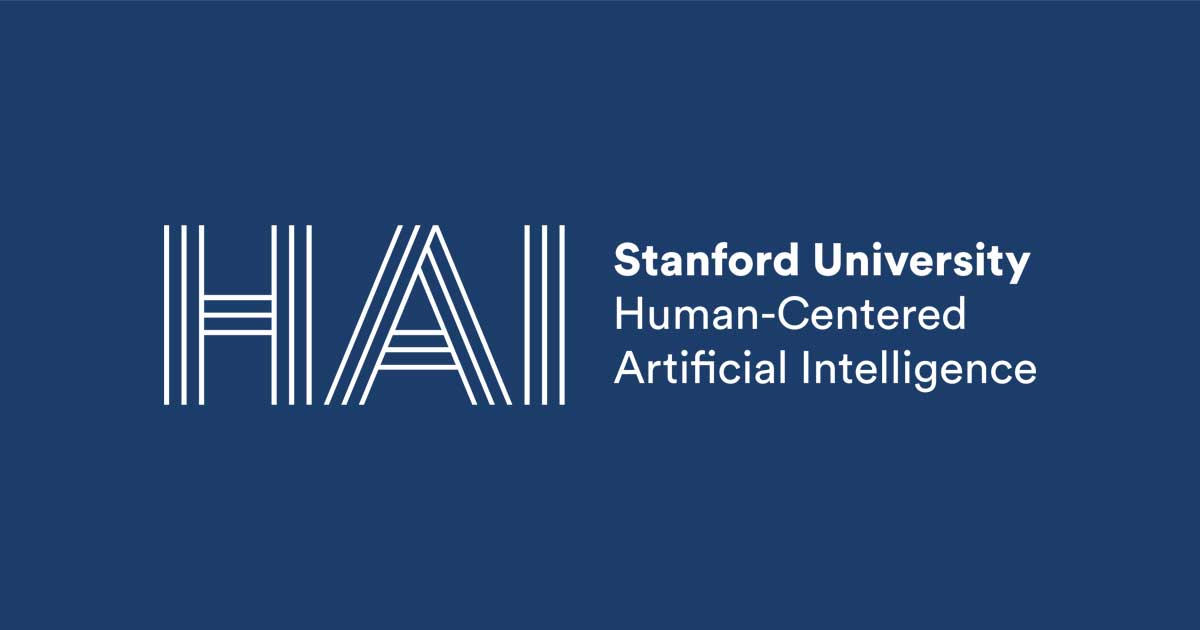AI Ethics: How Smart Tech Can Save Humanity While Staying Human
In an era where artificial intelligence continues to reshape our world at an unprecedented pace, the question isn't whether AI will transform society, but how we can ensure this transformation benefits humanity while preserving our essential human qualities. The intersection of technological advancement and ethical considerations has never been more critical than in 2025, as we navigate the complex landscape of AI development and implementation.
The Human-Centric Approach to AI Development
The foundation of ethical AI development lies in adopting a human-centric approach. According to UNESCO's framework, which outlines ten core principles for AI ethics, the primary focus should be on ensuring that AI serves humanity's best interests while respecting fundamental human rights. This approach isn't just about preventing harm; it's about actively promoting human flourishing in the age of artificial intelligence.

Balancing Innovation with Responsibility
The rapid advancement of AI technologies presents both unprecedented opportunities and significant challenges. Key considerations include:
1. Transparency and Accountability
- Clear documentation of AI systems and their decision-making processes
- Regular audits and assessments of AI impacts
- Open communication about limitations and potential risks
2. Fairness and Bias Mitigation
- Diverse development teams to ensure multiple perspectives
- Regular testing for bias in AI systems
- Implementation of correction mechanisms when bias is detected
3. Privacy Protection
- Robust data protection frameworks
- User consent and control over personal data
- Privacy-by-design approaches in AI development
The European Model: Setting Global Standards
The European Union has emerged as a global leader in establishing comprehensive AI regulations. The European approach emphasizes:
- Support for startups and SMEs developing trustworthy AI
- Clear guidelines for responsible AI development
- Balance between innovation and ethical considerations
Practical Implementation Strategies
To effectively implement ethical AI practices, organizations should focus on:
1. Educational Initiatives
- Continuous learning programs for AI developers
- Ethics training for all stakeholders
- Public awareness campaigns
2. Governance Frameworks
- Establishment of AI ethics committees
- Clear protocols for AI deployment
- Regular impact assessments
3. Stakeholder Engagement
- Active participation from diverse community groups
- Regular feedback mechanisms
- Collaborative decision-making processes
The Role of Industry Leaders
Major technology companies are setting examples through their commitment to responsible AI development. Google's AI Principles, for instance, provide a comprehensive framework for ethical AI development, emphasizing:

- Beneficial AI development
- Avoidance of unfair bias
- Safety and security considerations
- Accountability to users
Future Perspectives
As we look toward the future, several key trends are emerging:
- Increased Regulation: More comprehensive regulatory frameworks are being developed globally
- Enhanced Collaboration: Greater cooperation between industry, academia, and government
- Technical Solutions: New tools and methodologies for ethical AI development
- Public Engagement: Growing emphasis on public participation in AI governance
The Path Forward
The successful integration of AI into society requires a delicate balance between technological advancement and ethical considerations. The OECD's AI Principles emphasize the importance of:

- Inclusive growth and sustainable development
- Human-centered values and fairness
- Transparency and explainability
- Robustness and safety
Ensuring Sustainable Progress
To maintain sustainable progress in AI development while preserving human values, organizations must:
- Invest in ethical AI research
- Develop comprehensive testing frameworks
- Engage in ongoing dialogue with stakeholders
- Maintain flexibility in adapting to new challenges
Moving Forward Together
The journey toward ethical AI development is ongoing and requires continuous attention and adjustment. As we progress, the focus must remain on creating technology that enhances rather than diminishes our humanity.
Ready to dive deeper into AI ethics and responsible technology development? Explore our comprehensive courses and resources at 01TEK. Join us in shaping a future where technology and humanity thrive together. Visit www.01tek.com to learn more about our programs and start your journey toward becoming a responsible AI practitioner.
Sources: 1. UNESCO AI Ethics 2. Stanford HAI 3. EU AI Strategy 4. Google AI Principles 5. OECD AI Principles
Every time I took these bigger risks, the opportunity for a bigger payout was always there.
Casey Neistat, filmmaker



